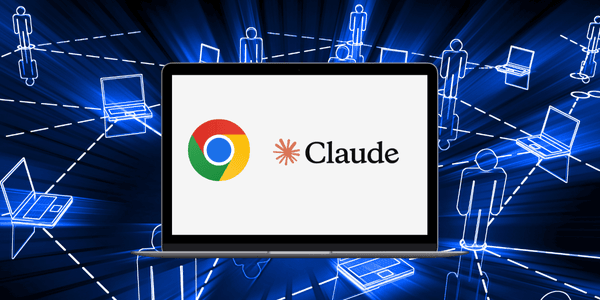Anthropic has launched a new AI agent that works directly in the Chrome browser. This development marks an important step towards more automated workflows for businesses and professionals.
The AI specialist is rolling out Claude for Chrome to a select group of one thousand users of the Max subscription, which costs between 100 and 200 dollars per month. Through a browser extension, users can now chat with Claude in a sidebar that keeps track of the context of all browser activities. The AI agent can also be granted permission to perform actions and complete tasks on behalf of users.
This launch comes amid an intense battle among tech giants to dominate the browser market. Perplexity recently released its Comet browser with similar AI features, while OpenAI is reportedly working on its own AI browser. Meanwhile, Google has introduced Gemini integrations in Chrome. The competition is further fueled by the antitrust proceedings against Google, where a federal judge may force Google to sell Chrome.
Business impact and safety challenges
For companies, this technology offers opportunities to automate routine browser tasks, from filling out forms to gathering information. However, Anthropic also warns of new security risks. Security experts from Brave discovered that browser agents can be vulnerable to indirect prompt injection attacks, where malicious code on websites can mislead the agent.
Claude for Chrome features built-in security measures that have reduced the success rate of prompt injection attacks from 23.6% to 11.2%. Users can block certain websites through the app settings, and Anthropic has blocked access to financial services, adult content, and illegal downloads by default.
Practical application
The AI agent requests user consent before performing risky actions such as publishing, making purchases, or sharing personal data. While modern browser AI agents are reliable for simple tasks, they still struggle with more complex assignments.
Companies interested in this technology can sign up for the waiting list. The development demonstrates how AI agents are becoming increasingly integrated into daily work processes, which brings new opportunities but also responsibilities for organizations.

